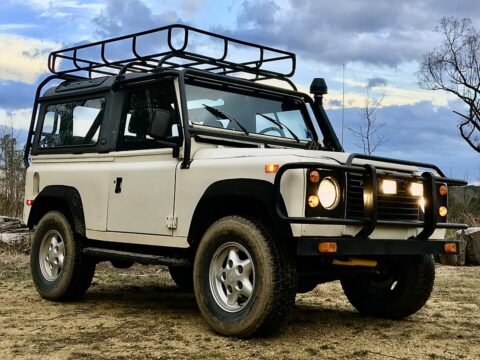Off-road vehicles are built for adventure, but there are plenty of misconceptions that surround them. From beliefs about their capabilities to assumptions about their maintenance, these myths can easily mislead potential buyers and enthusiasts. In this article, we’ll break down 15 common off-road vehicle misconceptions you need to forget, helping you better understand what these vehicles can truly offer.
Contents
Off-Road Vehicles Are Only for Extreme Terrains
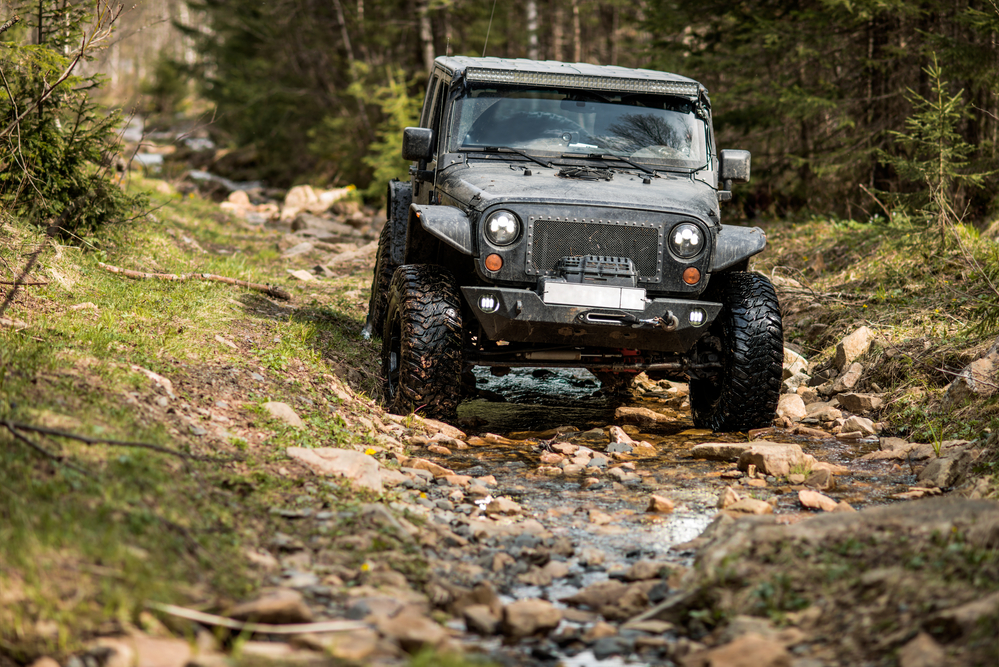
It’s a common belief that off-road vehicles are only designed for harsh environments like deep mud, rock crawling, or desert dunes. In reality, many off-road vehicles are built to handle a variety of terrains, including gravel roads, forest trails, and even snow. Modern off-roaders have versatile traction control systems, such as Jeep’s Selec-Terrain, that allow drivers to switch modes depending on the terrain.
You Need a Massive Truck for Off-Roading
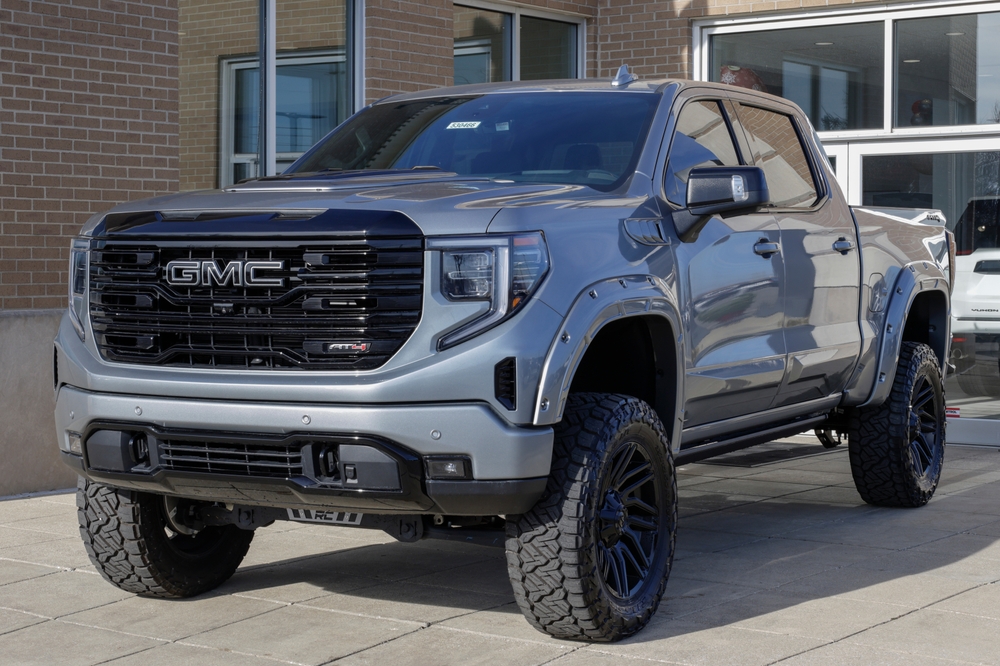
While large trucks are often associated with off-roading, many smaller vehicles, like the Subaru Outback or Jeep Renegade, are fully capable of handling off-road adventures. These compact SUVs and crossovers are equipped with advanced all-wheel-drive systems and enough ground clearance to tackle rough trails, proving you don’t need a massive truck to go off-road.
All-Wheel Drive Is the Same as Four-Wheel Drive
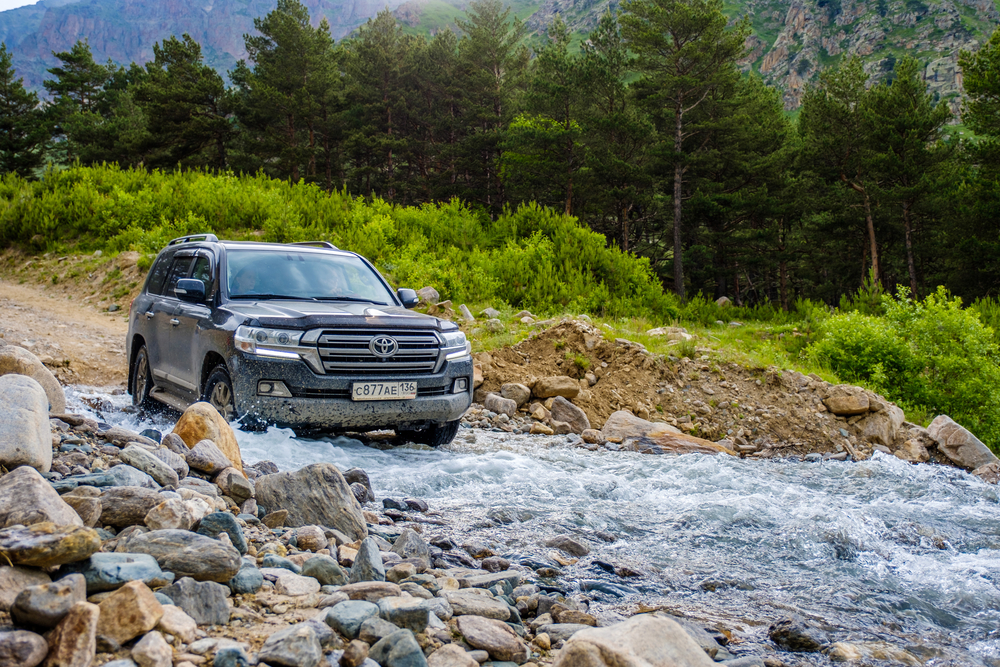
All-wheel drive (AWD) and four-wheel drive (4WD) are often confused, but they serve different purposes. AWD is usually optimized for on-road conditions, providing power to all wheels at all times, while 4WD systems, often found in off-road vehicles like the Toyota Land Cruiser, allow for better control in low-traction environments by engaging all four wheels selectively.
Off-Road Vehicles Are Uncomfortable for Daily Driving
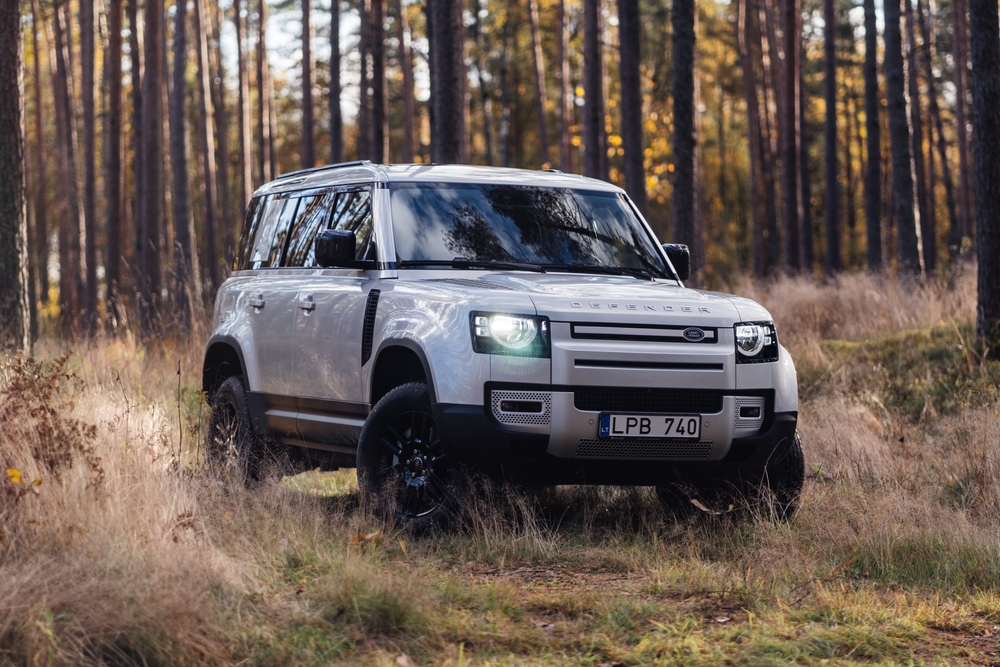
Modern off-road vehicles are designed with comfort in mind, blending rugged capabilities with everyday usability. SUVs like the Land Rover Defender and Ford Bronco come with advanced suspension systems, plush interiors, and high-tech features like adaptive cruise control and infotainment systems, making them just as comfortable for city driving as they are on rough terrain.
Modifications Are Necessary for Every Off-Road Vehicle
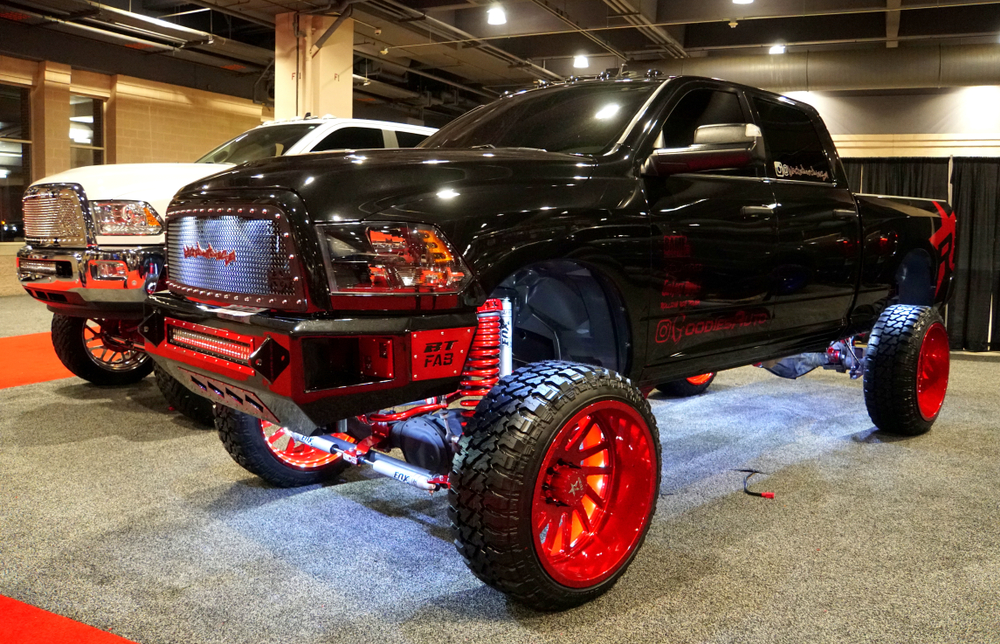
Many believe that stock off-road vehicles need extensive modifications like lift kits and aftermarket parts to be trail-ready. In truth, several manufacturers design off-road trims, such as the Jeep Wrangler Rubicon or Toyota Tacoma TRD Pro, which come fully equipped from the factory with locking differentials, skid plates, and off-road tires.
Off-Road Vehicles Are Terrible on Gas
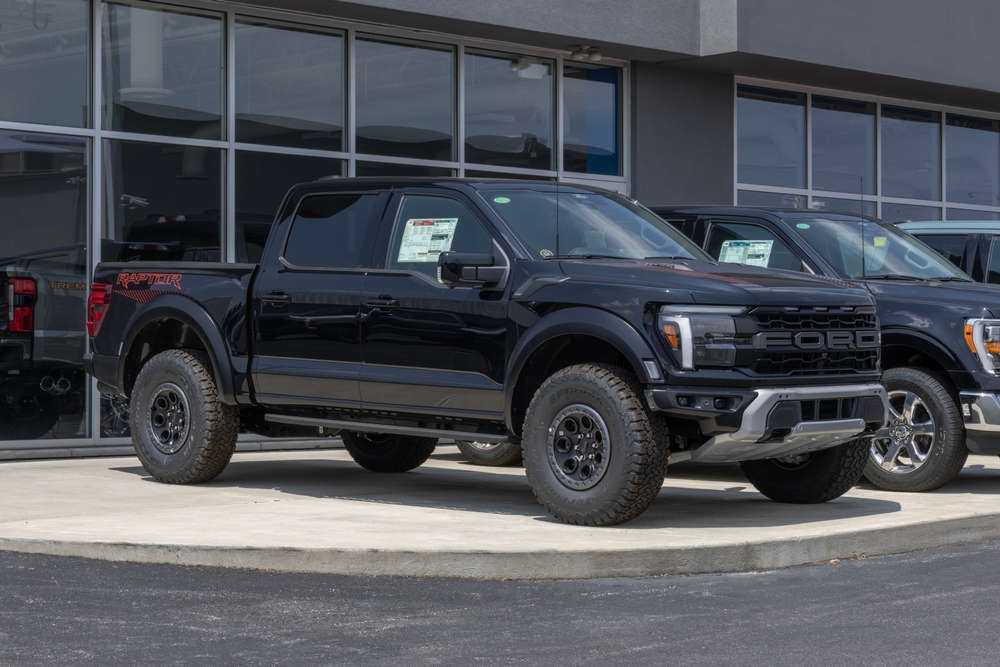
Off-road vehicles have long been criticized for their fuel economy, but many modern models now feature fuel-efficient technologies. Vehicles like the Jeep Wrangler 4xe and Ford F-150 Raptor offer hybrid powertrains or turbocharged engines that balance performance and fuel efficiency, making them far less gas-guzzling than previous generations.
You Must Be a Skilled Driver to Go Off-Road
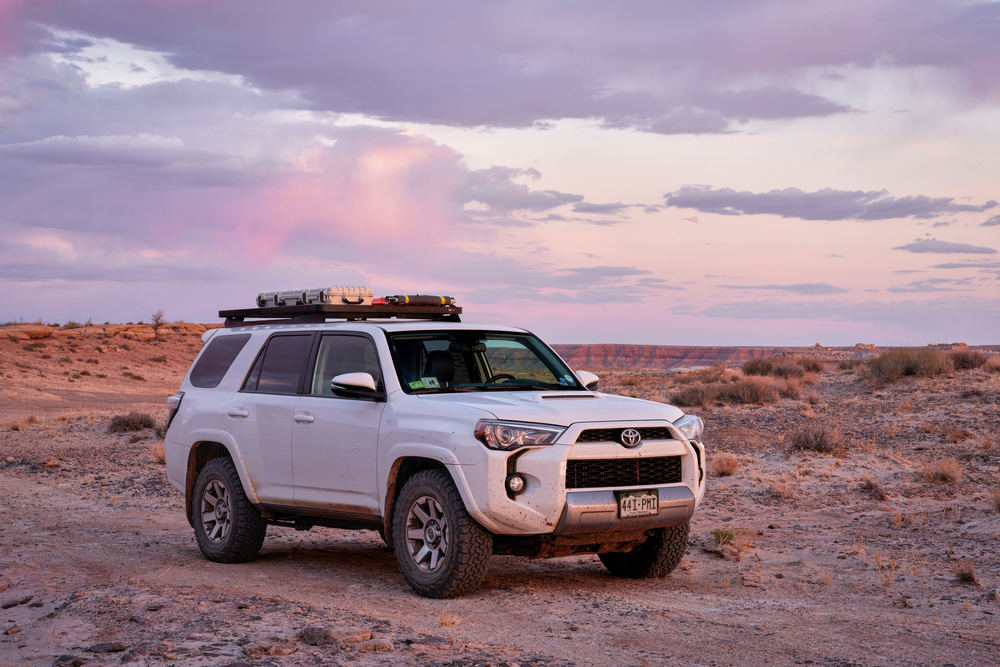
While experience is beneficial, many modern off-road vehicles are equipped with features that make off-roading accessible to beginners. Technologies like hill descent control, crawl control, and terrain management systems in vehicles like the Toyota 4Runner help less experienced drivers safely navigate tricky environments.
Off-Roading Damages Your Vehicle Beyond Repair
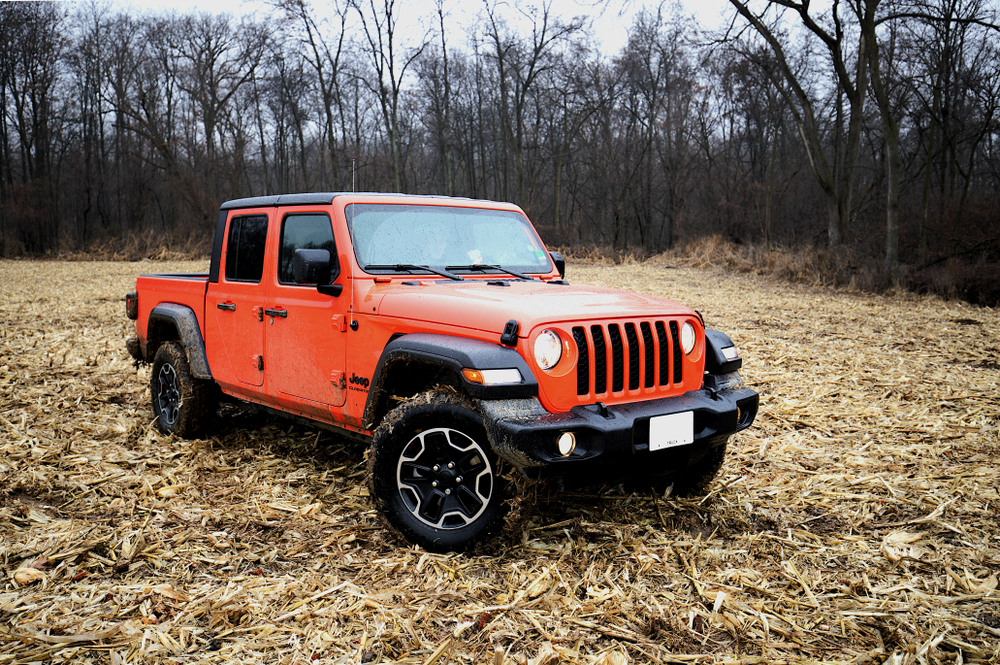
It’s a misconception that off-roading leads to inevitable vehicle damage. With proper maintenance and using a vehicle built for the task, like the Jeep Gladiator or Ford Bronco, off-roading doesn’t necessarily cause major damage. Features like skid plates, reinforced bumpers, and durable suspension systems help protect critical components during off-road excursions.
Off-Road Vehicles Are Expensive to Maintain
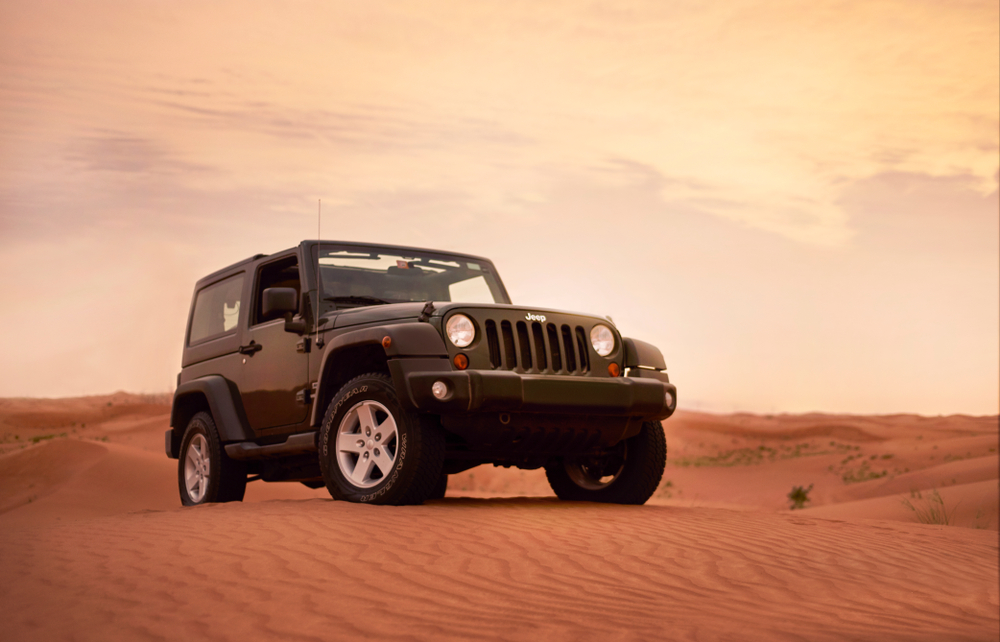
Off-road vehicles may seem like they require heavy maintenance, but this isn’t always the case. Brands like Toyota and Subaru offer off-road-ready vehicles with proven reliability and reasonable maintenance costs. Regular care, such as tire checks and oil changes, is generally all that’s needed to keep these vehicles running smoothly.
Only Older Models Are Durable for Off-Roading

Older models, like classic Jeep CJs or early Land Rovers, have legendary reputations, but modern off-roaders are built to be even more durable. New technologies, like reinforced body frames, electronic traction aids, and adaptive suspension, allow current vehicles like the Ford Bronco and Jeep Gladiator to tackle off-road conditions with even more reliability.
You Can Go Anywhere Without Getting Stuck

Even the best off-road vehicles have limits, and assuming you can drive anywhere without getting stuck is dangerous. Without the right tires, recovery gear, or knowledge of the terrain, you can still find yourself in sticky situations. Vehicles like the Land Rover Defender come with recovery points and traction control but knowing how to use them is essential.
Bigger Tires Automatically Mean Better Off-Road Performance
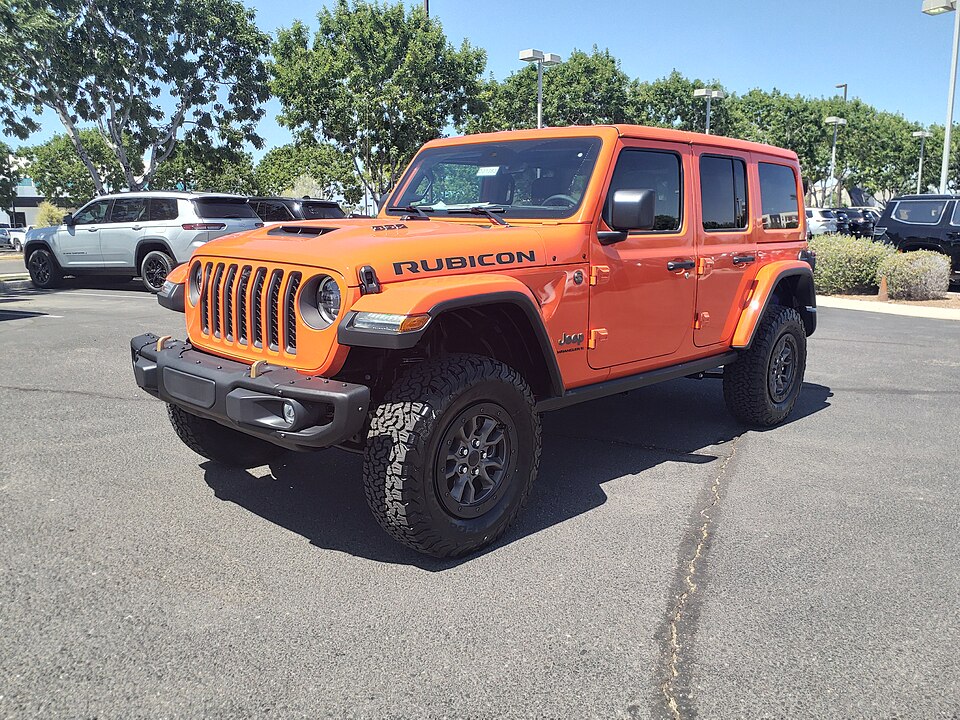
While larger tires can improve ground clearance, they aren’t the only factor in off-road performance. Tire type, tread pattern, and the vehicle’s overall setup are just as important. Vehicles like the Jeep Wrangler Rubicon come stock with tires specifically designed for off-road conditions, providing a balanced performance without the need for oversized tires.
Stock Vehicles Aren’t Ready for Off-Roading

Many manufacturers produce off-road-ready models right out of the factory. Vehicles like the Toyota Tacoma TRD Off-Road and Jeep Cherokee Trailhawk come equipped with features like skid plates, locking differentials, and off-road tires, making them more than capable of tackling trails without any aftermarket modifications.
Off-Road Vehicles Are Unsafe for Families
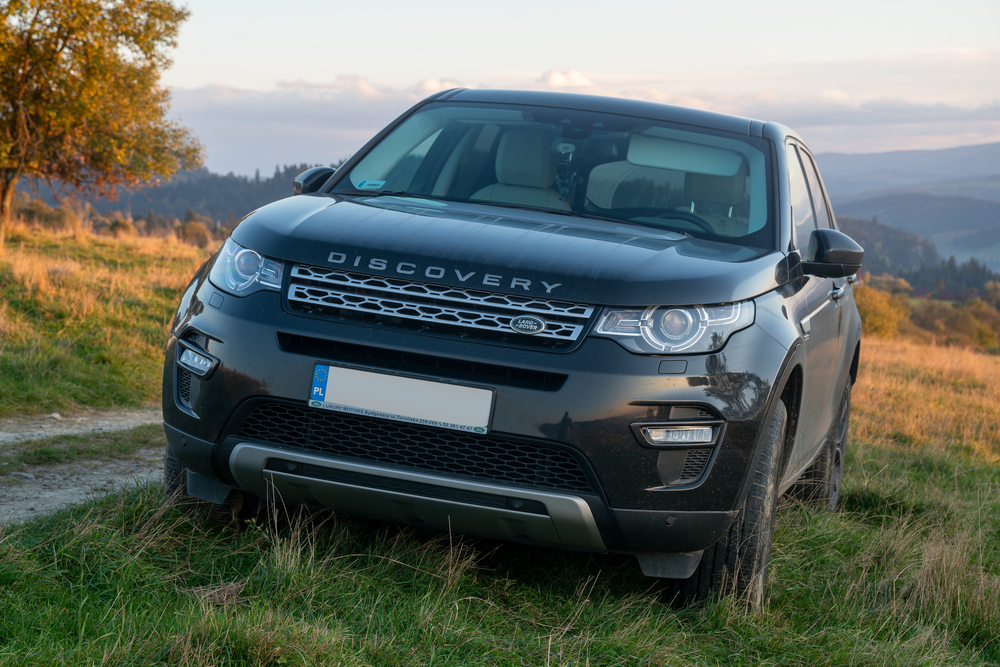
Many off-road vehicles, such as the Land Rover Discovery and Toyota 4Runner, are designed with family safety in mind. These vehicles often come with advanced safety features like lane-keeping assist, adaptive cruise control, and multiple airbags, ensuring that they’re just as safe for family road trips as they are on the trails.
All Terrain Tires Are Best for Every Condition

All-terrain tires are versatile, but they aren’t ideal for every off-road condition. For instance, mud-terrain tires are better suited for deep, sticky mud, while sand tires excel in desert conditions. Understanding the type of terrain and using specialized tires is key to optimizing off-road performance.
This article originally appeared in MyCarMakesNoise.
More from MyCarMakesNoise
19 Underrated Electric Vehicles You Should Know About

Electric vehicles (EVs) are becoming increasingly popular, but many excellent models fly under the radar. This article highlights 19 underrated electric vehicles that deserve more attention. Read More
12 Collectible Muscle Cars That Have Decreased in Value

Collectible muscle cars often evoke images of power, speed, and classic American engineering. However, not all of these iconic vehicles have retained their value over the years. Read More
15 Misconceptions About Classic Cars You Shouldn’t Believe

Classic cars have a timeless appeal, capturing the imagination of enthusiasts and collectors alike. However, along with their charm comes a host of myths that often cloud the reality of owning, restoring, and driving these vintage beauties. Read More




